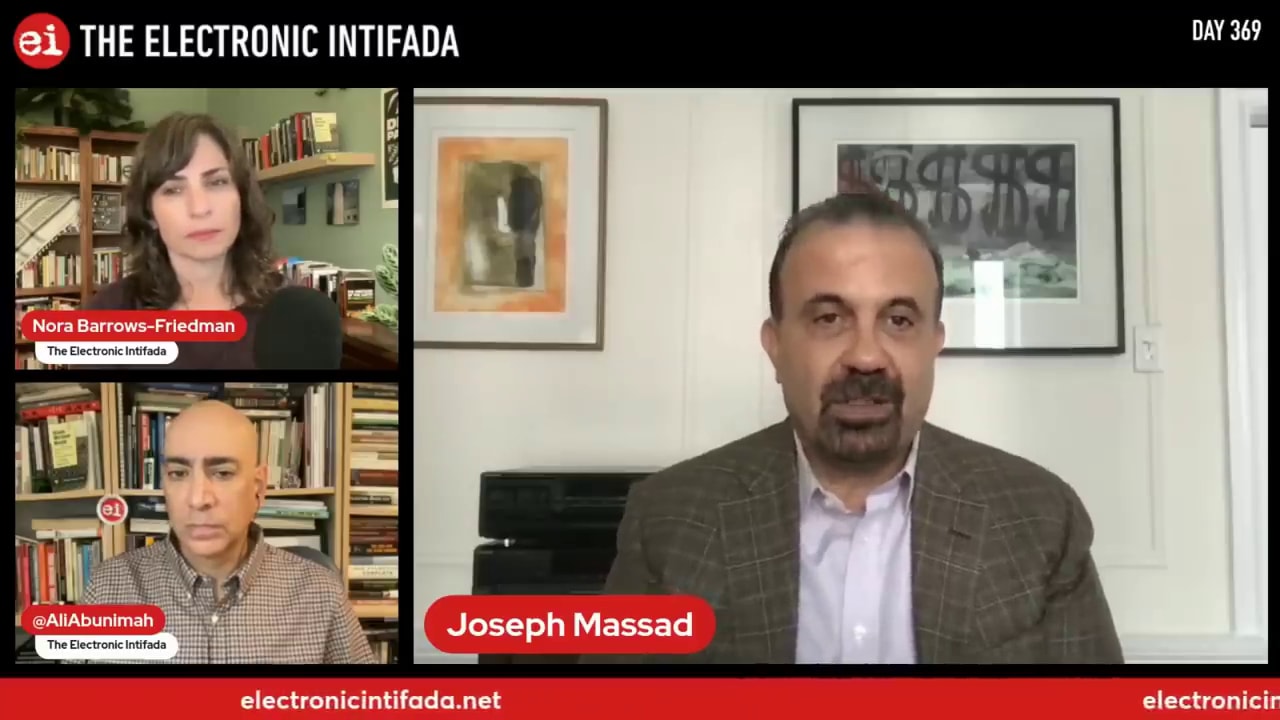
On May 29, 2019, Khalijefars TV [Iran] aired an animated short that discussed the potential benefits of the establishment of a national intranet. The narrator compared Iran's current Internet connection to traveling from Tehran to Shiraz through Germany, and, reminding the viewers of the Stuxnet virus that attacked the Bushehr power plant in 2010, he explained that a national intranet would be more secure and faster, and that it would render pointless any foreign attempts to disconnect Iran from the global network. Making the case that several countries such as South Korea and China have already established a national intranet, the narrator described an internal network as "long-term thinking to preserve our information security and our resilience in the international community."
Narrator: "National internet – security or a limitation? Again, a lack of information and transparency has ignited the market of rumors. The information about the activation of a national internet and the debate about the disconnecting and filtering of the internet has been prevalent among the people. The possibility of turning into a remote island has caused serious concerns to everybody. Using a simple example, let's see what intranet really is. Imagine that in order to drive from Tehran to Shiraz, you first drive to Germany, and, after that, you travel from Europe to your destination in Shiraz. Perhaps this is possible, but, in addition to the time it takes and the cost and wear on your vehicle, there are the dangers of attack by bandits and of damaged roadways. This doesn't seem logical, even though it is what happens every day in Iran's virtual realm. When you send an email to your work colleague, that email goes to American and goes on a short tour before your colleague receives it, even if he is only one room away. National internet would shorten the path, and it would multiply the speed of information exchange. Internet costs would also decrease, since no user would have to pay the global connection fees.
"But information security is even more vulnerable than speed. Surely you remember the Stuxnet virus and the cyber attack on the Bushehr power plant in 2010. We must not forget that we are living in the century of science – which is power – and national internet can serve as a safe that protects our internal information. It is a safebox without which we are vulnerable before the world. With the establishment of an internal network, nothing would happen if the Americans or any other country decided tomorrow or one day to disconnect or limit our access to the global network. We, the Iranians, are not the only ones concerned with the creation of a national information network. South Korea has the fastest internet in the world. The local broadband [usage] was 80%, so Korea was no longer dependent on the global information network. China also relies on national internet and is the first place when it comes to resilience against America's cyber attacks. After America's spying efforts were exposed, countries like Germany and France started thinking about creating an information network so they would not be dependent on America. In short, the activation of national internet is not swimming against the current – rather, it constitutes long-term thinking in order to preserve our information security and our survival in the international community. This is a logical method that many countries have chosen in this turbulent market of information."














